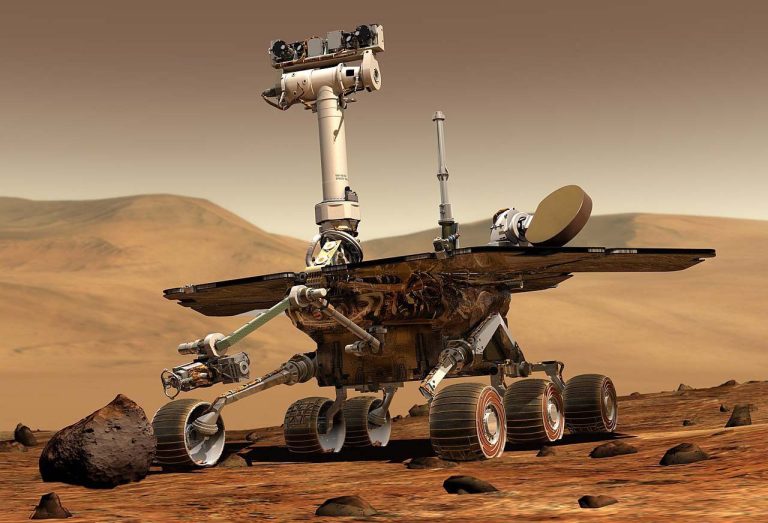On Monday, NASA announced its plans to send a robotic rover on the Moon’s south pole. The rover, named VIPER (Volatiles Investigating Polar Exploration Rover), will search for the presence of water ice over the Nobile Crater. From the statement of Lori Glaze, director of NASA’s planetary science division, the Nobile Crater is a 45-mile-wide crater that was formed from the collision of a celestial body with the moon.
The mission is a part of NASA’s Artemis program which aims to land the first female astronaut and the next male astronaut on the moon’s south pole by 2024. VIPER or Volatiles Investigating Polar Exploration Rover will be launched aboard the SpaceX Falcon-Heavy rocket in 2023. It will reach the Nobile Crater on the back of Astrobotic’s Griffin lander. The golf cart-sized vehicle will spend around one hundred days exploring the area.
The presence of water ice, if confirmed, will be a boon to astronauts and support missions for further understanding of the cosmos. The ice could be mined for drinking water and rocket fuel. Lori said, “The rover is going to get up close and personal with the lunar soil, even drilling several feet down, which will totally help us redefine what we know about our moon.”
The VIPER is powered by solar panels, and when there is a need to advance into dark and shadowed craters, it can operate on its batteries for up to fifty hours. It can also walk sideways like a crab to ensure that its panels are pointed towards the Sun to maintain charging.
Though some lines of evidence suggest the presence of tons of lunar ice hidden inside the craters where the sunlight never reaches, the data isn’t quite definitive. However, the findings from the mission will offer significant insights into what lies on the lunar surface as compared to what we have measured so far from the orbit.
Anthony Colaprete, the mission’s lead scientist, said, “If we find that there’s no water in any place we look, that is a fundamental discovery, and we will be scratching our heads and rewriting textbooks again.”






